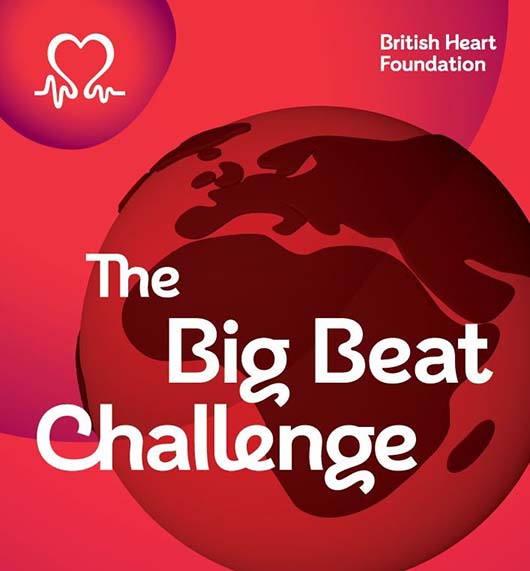
At the 2018 European Society of Cardiology (ESC) Congress (Munich, Germany), British Heart Foundation (BHF) announced the “Big Beat Challenge”—an £30m award that seeks to bring together world-leading researchers and innovators to identify and solve any of the biggest problems in heart and circulatory disease.
A press release reports that the £30m award will be one of the largest and most ambitious of its kind, adding that it represents a challenge to scientists, clinicians, innovators and entrepreneurs to look beyond incremental gains and accelerate breakthroughs that could transform lives across the globe.
According to the press release, The Big Beat Challenge will push the international research community to identify a real world challenge, significant unmet need or opportunity for game-changing innovation in heart and circulatory science or medicine. Proposals must be transformative, clinically relevant, and with a multidisciplinary approach that couldn’t be done without funding on this scale. Ideas could transform the lives of a few, or provide a smaller but important change for many.
The winning team can come from any country, sector or discipline, working on a scale above and beyond traditional research schemes to achieve a truly revolutionary breakthrough in any heart or circulatory disease.
The BHF is assembling an international, multidisciplinary, expert advisory panel to oversee the Big Beat Challenge. A call for outline applications will open at the end of 2018 and close in mid-2019. Shortlisted applications with the most promising ideas will be given seed funding, and teams will then have around six months to develop their final proposals. These full applications will then be peer-reviewed and the winning research programme recommended by the panel.
Nilesh Samani, medical director at the BHF, comments: “We’ve made great progress over the last 60 years in understanding and tackling many heart and circulatory diseases, and I am proud that BHF-funded research has made a substantial contribution to this success. But heart and circulatory diseases remain a major health problem worldwide, still causing one in three deaths globally.”
More information, including the full criteria for proposals, can be found here.










